Bichon Frise Dog: Essential Guide to This Charming Companion
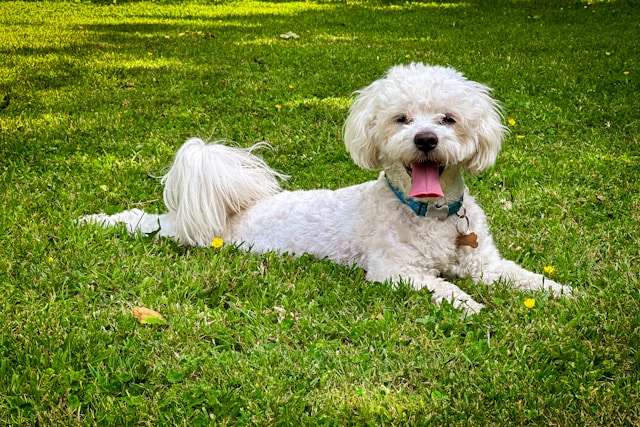
Bichon Frise dogs are charming little companions with fluffy white coats and playful personalities. These small dogs have a rich history as beloved pets, initially bred in the Mediterranean region. The Bichon Frise is known for its gentle nature and friendly demeanor, making it an excellent choice for families and individuals.
While they may look like pampered lapdogs, Bichons are active and love playing. Their cheerful disposition and cute appearance often win hearts wherever they go. These dogs adapt well to different living situations, from apartments to houses with yards.
Table of Contents
Key Takeaways
- Bichon Frises are small, white, fluffy dogs with friendly and playful personalities.
- They require regular grooming to maintain their coat and are generally good with children and other pets.
- Bichons are intelligent and trainable but may need patience with housebreaking.
Bichon Frise History
The Bichon Frise has a rich history spanning centuries and continents. We’ll explore its origins, rise to popularity, and development into the beloved breed we know today.
Origins in the Canary Islands
The Bichon Frise’s story began in the Canary Islands, where it was known as the Bichón Tenerife. These tiny white dogs were favored companions on sailing ships, helping to control rodents and providing entertainment for the crew. Their cheerful nature and adaptability made them ideal for long sea voyages.
Spanish sailors brought the breed to Europe in the 14th century. Due to their charming personalities and cute appearance, the dogs quickly gained popularity in Spain and Italy. Over time, they spread to other parts of Europe, including France and Belgium.
Popularity Among European Nobility
In the 16th century, the Bichon Frise caught the eye of European nobility. French royalty, in particular, liked these fluffy white dogs. They became fashionable pets in the courts of Henry III and his successors.
The breed’s popularity extended beyond France:
- Italian nobility adored them
- Spanish painters often included them in portraits
- They were prized pets in Belgian royal households
Their small size and loving nature made them perfect lap dogs for aristocratic ladies. The Bichon’s ability to perform tricks made it a hit at royal gatherings and parties.
Evolution of the Breed
As the Bichon spread across Europe, it developed into several distinct types. It became known as the Bichon à poil frisé in France, or “curly-coated lapdog.” This version would eventually evolve into the modern Bichon Frise.
The breed faced challenges during the French Revolution and World Wars. Many purebred dogs were lost, and the Bichon nearly disappeared. Dedicated breeders in France and Belgium worked to save the breed in the 1930s.
We saw a turning point in 1933 when the Bichon Frise got its official name. The Fédération Cynologique Internationale recognized it as a distinct breed, leading to increased interest and efforts to standardize its appearance and temperament.
Breed Overview and Characteristics
The bichon frise is a charming small dog breed known for its fluffy white coat and cheerful personality. We’ll explore its unique traits, temperament, and trainability.
Physical Appearance
Bichon Frises are small but sturdy dogs with a distinctive appearance. Their most notable feature is their soft, fluffy white coat that gives them a cloud-like appearance.
These dogs have a compact body, a round head, and dark, expressive eyes. Their ears hang down and are covered in long hair. Bichons typically weigh between 12 and 18 pounds and stand about 9.5 to 11.5 inches tall at the shoulder.
Their coat requires regular grooming to maintain its signature look. The curly, dense fur is hypoallergenic, making Bichons a good choice for some allergy sufferers.
Bichon Frise Temperament
Bichons are known for their cheerful and affectionate nature. They make excellent companion dogs and have a loving disposition.
These dogs are:
- Playful and energetic
- Good with children and other pets
- Gentle and rarely aggressive
- Social and people-oriented
Bichons thrive on human attention and don’t like being left alone for long periods. They’re adaptable to various living situations, making them great for apartments or houses.
Their friendly personality makes them poor watchdogs but excellent therapy dogs. Bichons often get along well with strangers and enjoy meeting new people.
Intelligence and Trainability
We’ve found Bichon Frises to be intelligent and eager to please, which makes them relatively easy to train. They respond well to positive reinforcement techniques.
These dogs excel in:
- Obedience training
- Agility courses
- Trick training
Early socialization is vital for Bichons. It helps prevent shyness and ensures they grow into well-rounded adults.
While bright, Bichons can be a bit stubborn at times. Consistency and patience are critical in their training. Short, fun training sessions work best to keep their attention.
Bichons are quick learners and enjoy mental stimulation. Puzzle toys and interactive games can help keep their minds sharp and prevent boredom.
Caring for a Bichon Frise
Bichon Frises need regular care to stay healthy and happy. We’ll cover the key aspects of grooming, diet, exercise, and health for these fluffy white dogs.
Grooming Needs
Due to their curly white coats, bichons require extensive grooming. We recommend brushing their fur daily to prevent mats and tangles. A pin brush and metal comb work well for this task.
Bathing should be done every 2-3 weeks using a gentle dog shampoo. After bathing, it’s essential to dry the coat thoroughly to avoid skin issues.
Trimming is necessary every 4-6 weeks to maintain the breed’s signature rounded look. Many owners choose to have this done by a professional groomer.
Remember nail care. We suggest trimming your Bichon’s nails every 2-3 weeks to keep them at a comfortable length.
Diet and Nutrition
A balanced diet is crucial for Bichon’s health. We recommend feeding them high-quality dog food appropriate for their age, size, and activity level.
Bichons typically need about 1/2 to 1 cup of dry food daily, split into two meals. Measuring their food is essential to prevent overfeeding and obesity.
Fresh water should always be available. Clean the water bowl daily to ensure it’s free from bacteria.
Treats can be given in moderation, but they shouldn’t make up more than 10% of your Bichon’s daily calorie intake.
Exercise and Playtime
Bichon Frises are energetic little dogs that need regular exercise. We recommend at least 30 minutes of physical activity daily.
Short walks, play sessions in a fenced yard, or indoor games can all help meet their exercise needs. Bichons enjoy activities like:
- Fetch
- Tug-of-war
- Hide-and-seek
Mental stimulation is just as important as physical exercise. Puzzle toys and training sessions can help keep their minds sharp.
Remember, Bichons are social dogs. They love spending time with their families and don’t do well when left alone for long periods.
Health and Wellness
Regular vet check-ups are essential for maintaining your Bichon’s health. We recommend annual visits for adult dogs and more frequent visits for puppies and seniors.
Bichons can be prone to specific health issues, including:
- Allergies
- Ear infections
- Patellar luxation
- Bladder stones
Look for any changes in behavior, appetite, or bathroom habits. Early detection of health problems can lead to better outcomes.
Dental care is essential for Bichons. To prevent dental disease, we suggest brushing their teeth daily or at least several times a week.
Vaccinations and parasite prevention are crucial. Work with your vet to create an appropriate schedule for your Bichon.
Training and Socialization
Bichon Frises are intelligent dogs that respond well to training and socialization. We find they learn best with positive reinforcement and consistent practice. Early exposure to different people, pets, and situations helps them become well-rounded companions.
House Training Tips
House training a Bichon Frise takes patience and consistency. We recommend setting a regular feeding schedule and taking them out frequently, especially after meals and naps.
Praise and reward your Bichon when they go potty outside. This builds positive associations with the desired behavior.
If accidents happen inside, clean thoroughly to remove odors. Avoid scolding, as this can make them anxious about elimination.
Crate training can be helpful. Bichons naturally avoid soiling their sleeping area. Just be sure not to leave them crated for too long.
Obedience and Tricks
Bichon Frises are eager to please and enjoy learning new things. We suggest starting with basic commands like “sit”, “stay”, and “come”.
To match their attention span, keep training sessions short, about 5-10 minutes, and use treats and praise as rewards.
Teaching “sit” and “lie down” forms the foundation for more advanced tricks. Once they master these, you can move on to “shake”, “roll over”, or “fetch”.
Puzzle toys can also help stimulate their minds and reinforce training concepts.
Socialization with People and Pets
Early socialization is key for Bichon Frises. We recommend exposing them to various people, animals, and environments from a young age.
Take them on walks in different areas. Let them meet friendly dogs and people. This helps prevent fearfulness or aggression later on.
Puppy classes are great for socialization and basic training. They learn to interact with other dogs in a controlled setting.
Consistency is crucial when socializing your Bichon. Make sure all family members use the same rules and commands.
Positive experiences with children, other pets, and strangers help create a well-adjusted adult dog.
Finding and Raising Bichon Frise Puppies
Bringing home a Bichon Frise puppy is exciting. We’ll guide you through finding a healthy pup and giving it the best start in life.
Choosing a Reputable Breeder
Finding a good breeder is key to getting a healthy Bichon Frise puppy. We recommend looking for breeders registered with the American Kennel Club (AKC). These breeders follow strict standards for dog health and care.
Ask to see the puppy’s parents and health certificates. A good breeder will be happy to answer your questions about the breed. They should also ask you questions to ensure their puppies go to good homes.
Reputable breeders often have waiting lists for their puppies. Be patient—it’s worth the wait for a well-bred Bichon Frise. Depending on the breeder’s reputation and the puppy’s pedigree, expect to pay between $500 and $2000 for a Bichon Frise puppy.
Adoption and Rescues
Adopting a Bichon Frise can be a great option. Many beautiful dogs need homes. Check local shelters and Bichon Frise rescue groups. These groups often have both puppies and adult dogs available.
Adopted dogs may need extra patience and training. But they can become loving pets with proper care. Adoption fees are usually lower than buying from a breeder.
Before adopting, ask about the dog’s history and health. Make sure you’re ready for any special needs it might have.
Puppy Care Essentials
Caring for a Bichon Frise puppy requires time and effort. Here are some key things to remember:
- Feeding: Use high-quality puppy food made for small breeds.
- Grooming: Start brushing your puppy’s coat daily from an early age.
- Training: Begin basic obedience training right away. Bichons are intelligent and eager to please.
- Socialization: Expose your puppy to different people, animals, and situations.
Bichon Frise puppies need lots of attention. They don’t like being left alone for long periods. Ensure you have time to play with and care for your new pet daily.
Regular vet check-ups are essential. Keep up with vaccinations and parasite prevention. Your Bichon Frise puppy will grow into a happy, healthy adult dog with proper care.
Frequently Asked Questions
Bichon Frises are popular pets with specific needs and traits. We’ll address common questions about their cost, health, aging, behavior, size, and vocal tendencies.
How much does a Bichon Frise typically cost?
A Bichon Frise puppy usually costs between $700 and $2,500. The price depends on the breeder’s reputation, location, and the dog’s pedigree.
Shelter adoption fees are often lower, ranging from $200 to $500. Remember to factor in ongoing costs for food, grooming, and vet care.
What are common health issues in Bichon Frises?
Bichon Frises can face several health challenges. Allergies and skin problems are common in the breed.
They may also develop eye issues like cataracts. Patellar luxation, a knee problem, can occur. Regular vet check-ups help catch these issues early.
At what age is a Bichon Frise considered old?
Bichon Frises typically live 12-15 years. They’re considered senior around 7-8 years old.
As they age, they may slow down and need diet changes. Regular vet visits become even more critical in their later years.
What behavioral problems can occur in Bichon Frises?
Separation anxiety is a common issue in Bichon Frises. They bond closely with their owners and may become stressed when left alone.
Some Bichons can be stubborn during training. Consistent, positive reinforcement helps manage this trait. Early socialization prevents fear or aggression towards strangers.
How much does a Bichon Frise weigh?
Adult Bichon Frises typically weigh between 13 and 18 pounds. They’re small dogs, standing about 9 to 11 inches tall at the shoulder.
Their compact size makes them great for apartments. Despite being small, they’re sturdy and can handle gentle play with kids.
Are Bichon Frises known for excessive barking?
Bichon Frises can be vocal dogs. They often bark to alert their owners to visitors or unusual noises.
Training from a young age can help manage barking. Providing mental stimulation and exercise also reduces excessive vocalization.

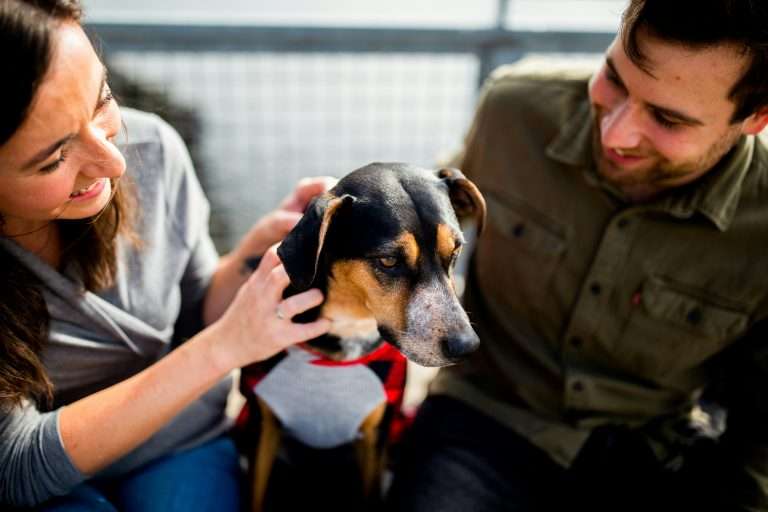
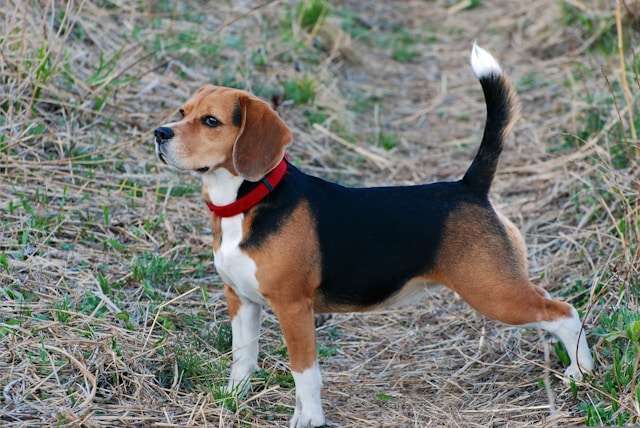
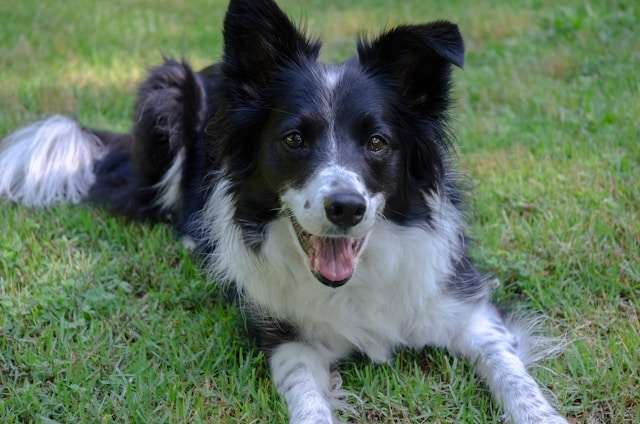
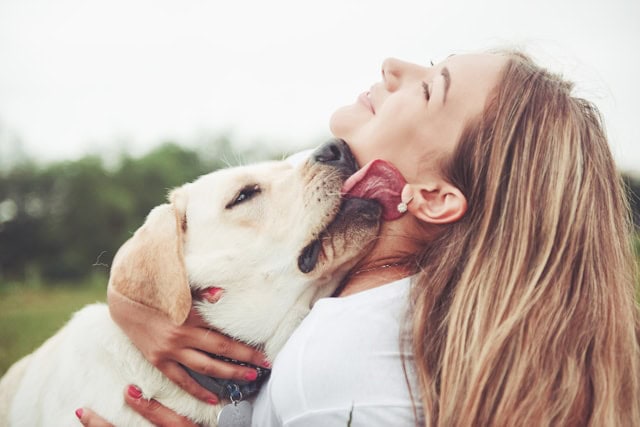
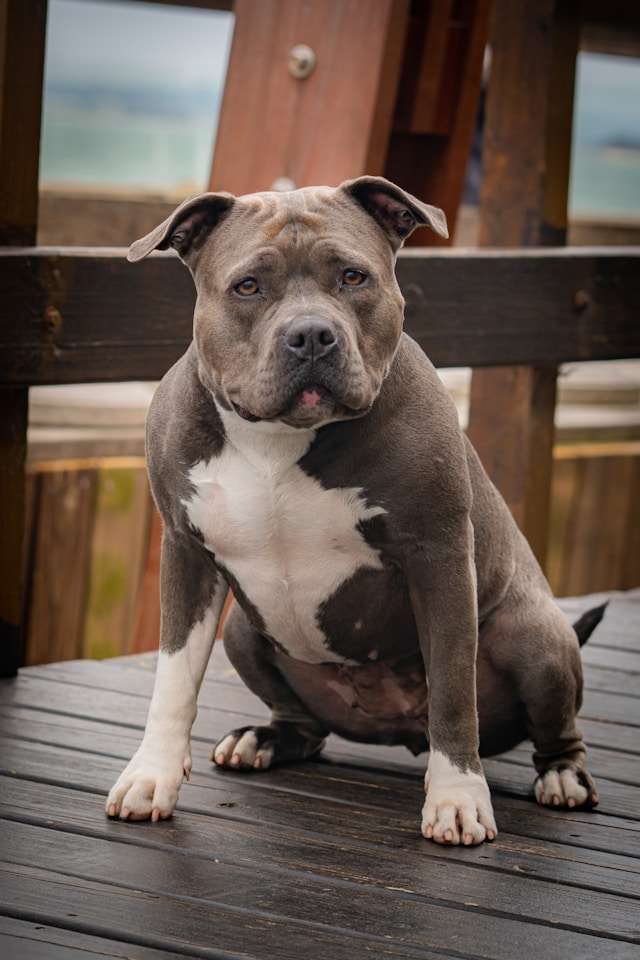
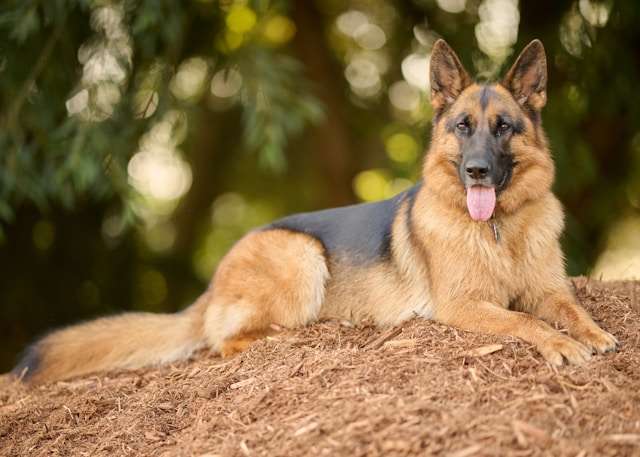
2 Comments